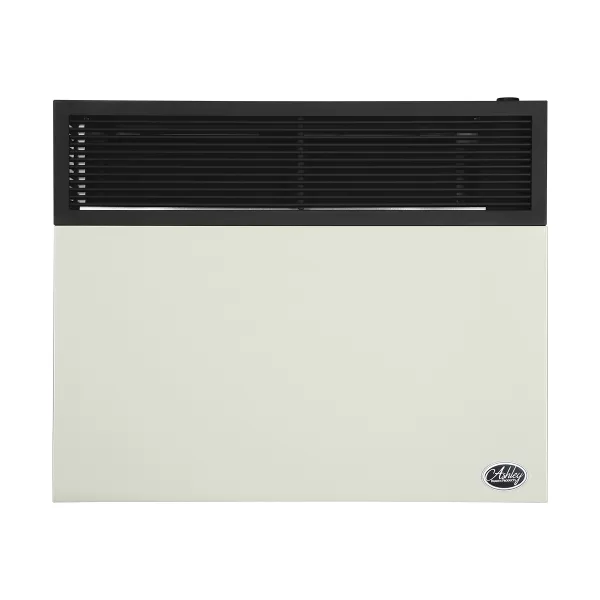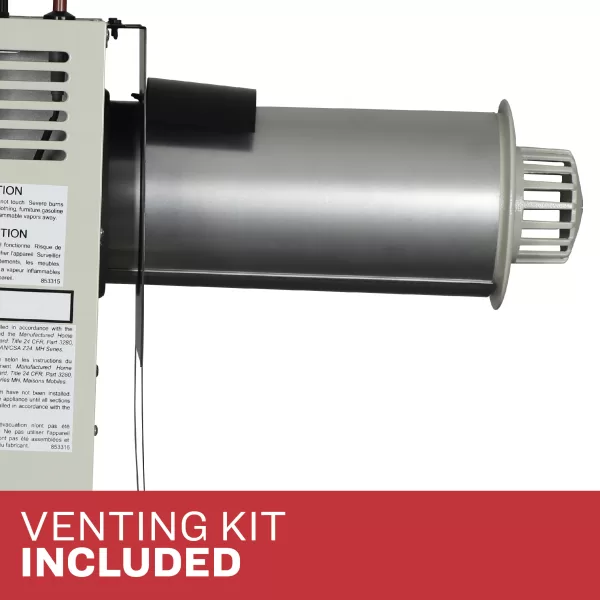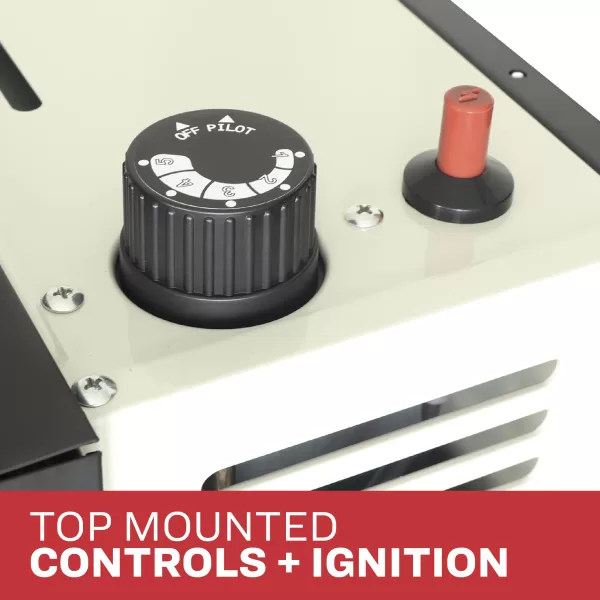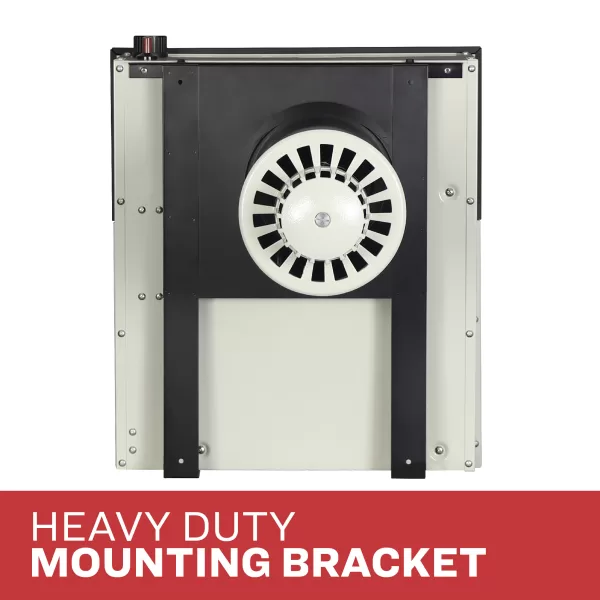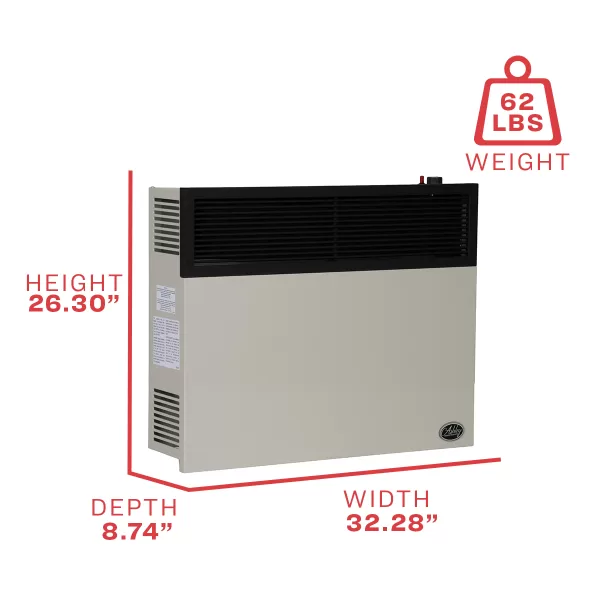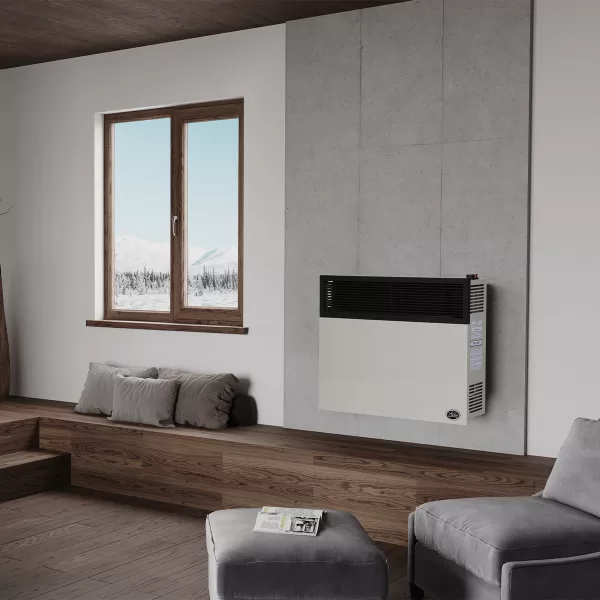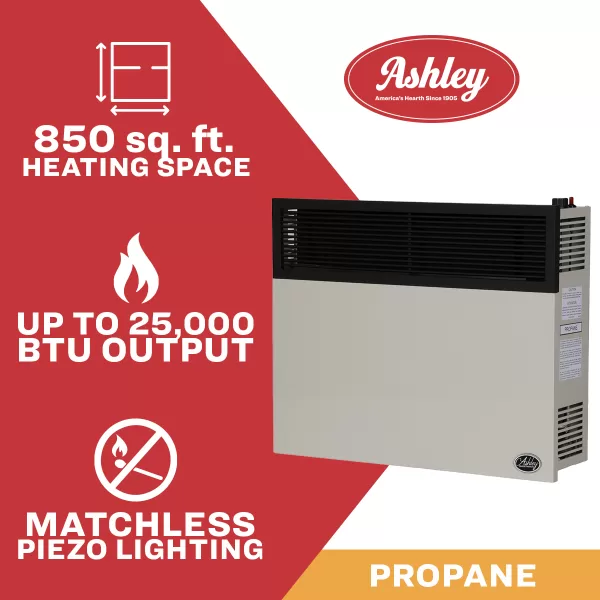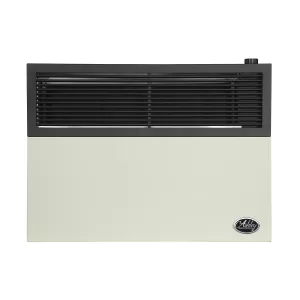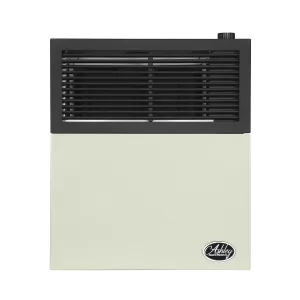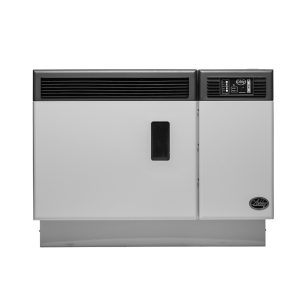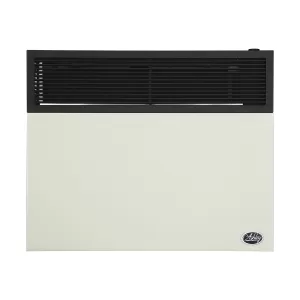25,000 BTU Direct Vent Propane Wall Heater
The DVAG30L Direct Vent Wall Heater from Ashley Hearth Products makes the perfect solution for zoned heating. The space saving direct vent furnace design mounts to an exterior wall and the adjustable vent assembly adjusts to fit walls from 4-1/2 inches to 10 inches thick. For clean, comfortable heat when and where you want it, the gas flame is completely sealed inside, away from all contact with room air. Air necessary for combustion is drawn into the chamber from outside through the vent and combustion products are vented directly to the outside. Only clean, gentle heat, in continuous circulation is delivered into the room. Windows and doors stay closed because no room air is used for combustion. The DVA30L direct vent propane wall furnace is designed to heat up to 825 Sq. Ft. and has a 25,000 BTU input.
Model #: DVAG30L
Additional Information:
- Safety pilot with built in pressure regulator completely stops the flow of gas in the event the pilot is extinguished
- Stainless steel ported burner provides silent on and off operation making this a quiet heating workhorse for your house
- Heats up to 825 sq ft
- Designed for use with liquid propane gas
- Up to 25,000 BTU heat input
- Sealed burn system is perfect for bedrooms and living spaces
- Matchless Piezo lighting for quick starts
- No complicated venting to purchase or install, complete kit is included (includes heat shield, vent pipe, air intake pipe, flashing, cap and connecting rod)
- Approved for use in mobile or modular homes
| Assembled Width (in) | 32.28 |
| Package Weight | 86 |
| Package Width | 35 |
| Package Height | 37.375 |
| Assembled Depth (in) | 8.74 |
| Package Depth | 11.75 |
| Assembled Height (in) | 26.3 |

